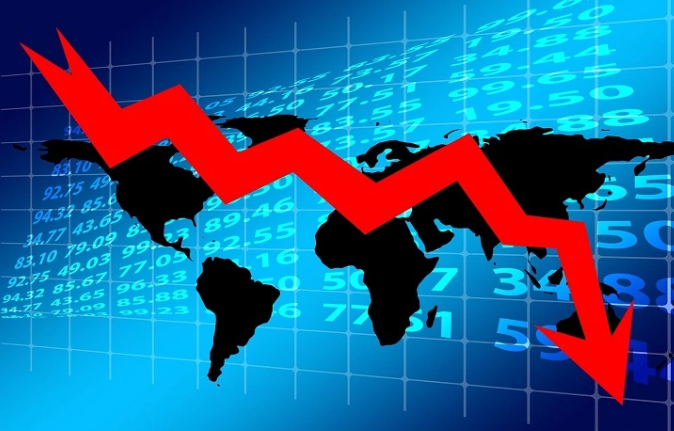The Latest News
Economists Sound Alarm Over Biden’s Bank Bailout

The rescue of Silicon Valley Bank by President Biden has economists concerned that his drastic efforts might speed a federal control of the financial industry.
In a speech on Monday, Biden promised to take whatever steps are necessary to regain public trust in the wake of two of the worst bank failures in US history- Silicon Valley Bank and New York-based Signature Bank.
The majority of the depositors Biden is attempting to help were uninsured, which means that their balances exceeded the $250,000 FDIC guarantee.
By designating the banks as systemic threats, the Biden administration crafted an exemption in order to save the banks.
In order to provide distressed banks access to cash, the Federal Reserve has also established an emergency loan program worth $25 billion.
While even Biden’s critics concede that it’s necessary to stop panic from spreading, they say his economic response — which Biden has declined to call a “bailout” — doubles down on the “too big to fail” philosophy that inspired the rescue of big banks at taxpayer expense following the 2008 financial crisis.
Skeptics assert that Biden’s exceptional actions would promote “moral hazard” by reassuring riskier depositors that the government will always be on their side.
“With the Biden bank bailout, and it is a bailout, banking is becoming a government-backed business — if that’s what you call a business. And if that’s not bad enough, the Biden administration has just injected another massive infusion of moral hazard into the banking system, as have past Republican and Democratic administrators. Who picks up the moral hazard tab? Taxpayers do,” according to economist Steve H. Hanke, a Reagan administration official.
According to Biden, he is just helping depositors, not investors. He assured that the taxpayers won’t be responsible for any of the costs associated with his “not a bailout” rescue package.
“No losses will be borne by the taxpayers. Instead, the money will come from the fees the banks pay into the Deposit Insurance Fund.”
Nevertheless, critics assert that expenses will be transferred to taxpayers in the form of increased fees imposed on banks that contribute to the Deposit Insurance Fund (DIF).
Just approximately half of the projected $240 billion in uninsured deposits at SVB and Signature Bank can be covered by the DIF’s $128 billion in assets.